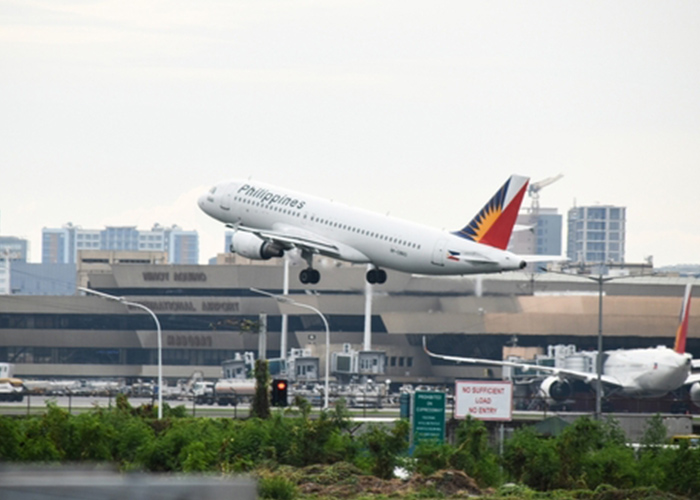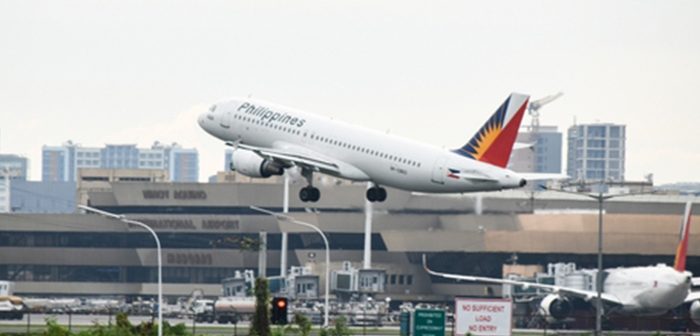
A new GSMA report has highlighted rising exposure to online scams in the Philippines, warning that growing consumer victimisation is undermining digital trust and posing risks to the country’s digital economy. The findings were released at the Digital Nation Summit Manila on 13 November.
According to the report, 52 per cent of Filipinos have been scammed at least once—well above the ASEAN average. Eight per cent reported being targeted in the past 12 months, with scam exposure rising by six percentage points year-on-year, a trend matched only by Thailand. Two-thirds of victims lost money, and nearly half reported emotional stress as a result of the incidents. Concern about cyber fraud remains high, with 96 per cent of respondents worried about scams or hacking.
Social media has overtaken text messages as the dominant channel used by scammers in the country.
GSMA Asia-Pacific head Julian Gorman said the findings show the need for coordinated industry and government action, noting that trust is being eroded faster than it can be rebuilt. “The Philippines’ digital economy depends on trust,” he said. “Industry and government must move from isolated initiatives to fully coordinated, data-driven defence.”
In response to the growing threat, the GSMA announced a pilot under its APAC Cross-Sector Anti-Scam Taskforce. The pilot aims to help mobile operators share anonymised threat intelligence with technology and financial sector partners, using data such as abnormal traffic patterns and user-reported fraud indicators. A controlled proof-of-concept is scheduled for early 2026.
The country’s three national mobile operators—PLDT/Smart, Globe and DITO—have also deployed new commercial services aligned with the GSMA Open Gateway initiative. These include silent authentication tools designed to reduce reliance on SMS one-time passwords, detect SIM-swap attempts and meet new security requirements set by the Bangko Sentral ng Pilipinas.
The GSMA is calling for stronger cross-sector coordination across banking, telecommunications, e-commerce and government. Recommended actions include standardising threat-reporting practices, using telecom data for real-time fraud detection, expanding digital literacy programs and aligning data-protection frameworks to support the regional goals outlined in the upcoming ASEAN Connectivity Strategic Plan 2026–2035.





